Mission Global Governance off to a good start
Updated: 2016-09-07 07:40
By Wang Yiwei(China Daily)
|
||||||||
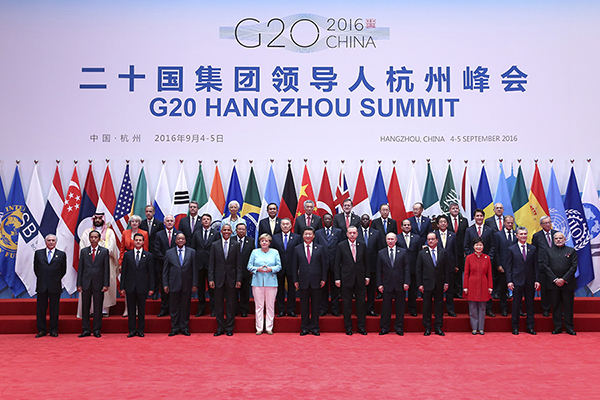 |
|
Chinese President Xi Jinping and other leaders of the Group of 20 (G20) members, some guest countries and international organizations pose for a group photo ahead of the opening ceremony of the G20 summit in Hangzhou, capital of East China's Zhejiang province, Sept 4, 2016.[Photo/Xinhua] |
Delivering a speech at the inauguration of the two-day G20 Summit on Sunday, President Xi Jinping emphasized that all G20 members "face the problems squarely" and deliver "real action" not "empty talk" as they seek to resuscitate the global economy. The prescription, as he said in his Saturday speech at the B20 Summit, lies in the joint efforts to build an innovative, open, interconnected and inclusive world economy.
Although China stands at "a new starting point", it remains committed to deepening reforms in an all-round manner, pursuing an innovation-driven development strategy and green growth, delivering more benefits to the people, and increasing its interactions with the rest of world, Xi said.
Xi's two keynote speeches are perfect examples of China's increasing contributions to global economic governance. In other words, the country is using its pursuit of reform and opening-up to add fresh momentum to globalization, as well as the structural reform of the world economy.
Fifteen years after it joined the World Trade Organization, China has completed the process of integrating into the global market; China and the rest of the world are today highly interdependent. The just concluded G20 Summit in Hangzhou, East China's Zhejiang province, was China's latest attempt to provide both tangible and intangible public good for the international community.
Since the global financial crisis broke out in 2008 China has been the most powerful locomotive of the world economy, contributing about one-third of the post-crisis global growth. That is almost double the contribution of the United States, the world's largest economy.
To facilitate the implementation of the Sustainable Development Goals agenda and ensure they are achieved by 2030, as proposed by the United Nations, Beijing is making preparations for the Assistance Fund for South-South Cooperation and will contribute $2 billion to it in the initial stages. It will also keep investing in less developed countries, while exempting the least developed countries from repaying the debts due at the end of last year.
On the institutional front, the Beijing-led Belt and Road Initiative, Asian Infrastructure Investment Bank and BRICS New Development Bank can play important parts in optimizing global governance. The AIIB has proposed a new approach-of lean, clean and green governance-and the Belt and Road programs are aimed at improving regional connectivity in order to promote peaceful cooperation, inclusiveness and mutual benefit.
High expectations have been placed on China as the US implements its "rebalancing to Asia" strategy and the European Union faces multiple crises-from rising terrorist attacks to lackluster growth and the influx of refugees.
China is expected to live up to its reputation as G20 chair for this year by cooperating with other members to make global governance sustainable and efficient, especially because of the rising anti-globalization wave even in the West. For example, Donald Trump, the Republican candidate for the US presidential election, has vowed to impose unreasonably high tariffs on Chinese goods if elected to the White House, and blamed globalization for unemployment and the security problems in the US. And he is not the only Western politician who thinks that way.
In such a political and economic backdrop, the G20 Summit has endorsed efficient global governance so that some developed economies don't relive the past of the G8 governance, which is partly responsible for the fragmented world trade order. Xi's speeches at the G20 and B20 summits have made the global governance mission clear. And the ratification of the Paris Climate Agreement by China and the US in Hangzhou on Saturday and their recent bilateral deals point to a promising start for the fulfillment of that mission.
The author is a professor of international relations at Renmin University of China.
- G20: Toward an innovation-based economy 2020
- From Beijing APEC to Hangzhou G20: China's rise as a responsible nation
- G20 in China, a new launchpad for global economy
- Implementation of G20 consensus vital for global economic
- G20 lights up Times Square on towering screen
- Six firsts at this year's G20 Summit
- China puts its stamp on global governance at G20 Summit
- Technology advances leave stamp on G20
- G20 will cooperate in battle to fight graft
- Xi tells Park China opposes deployment of THAAD in ROK
- Singapore confirms 27 new cases of Zika infection
- Russia, Britain agree to mend ties
- EU can't leave entire migration issue to mediterranean countries: official
- Rousseff appeals impeachment to Supreme Court
- Europeans displeased with their education systems
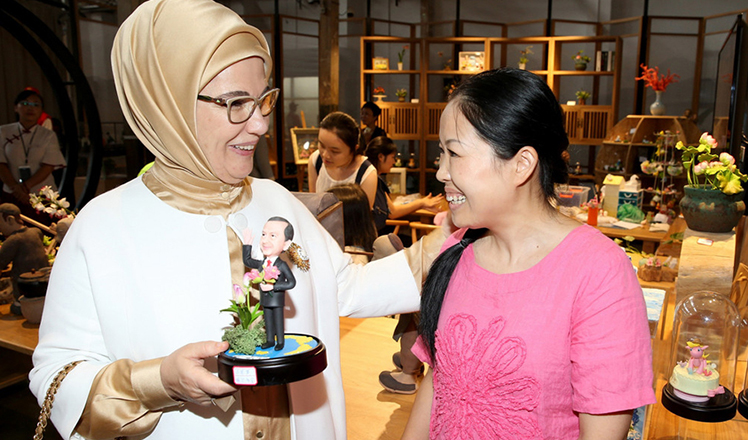
 First Ladies shopping in Hangzhou
First Ladies shopping in Hangzhou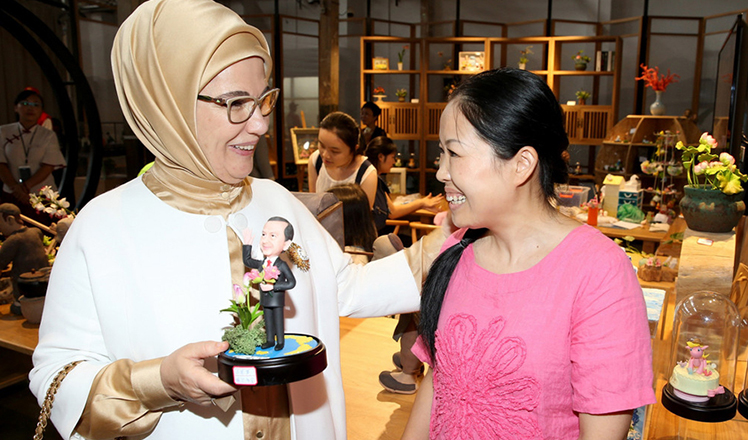
 Flower children greet world leaders in Hangzhou
Flower children greet world leaders in Hangzhou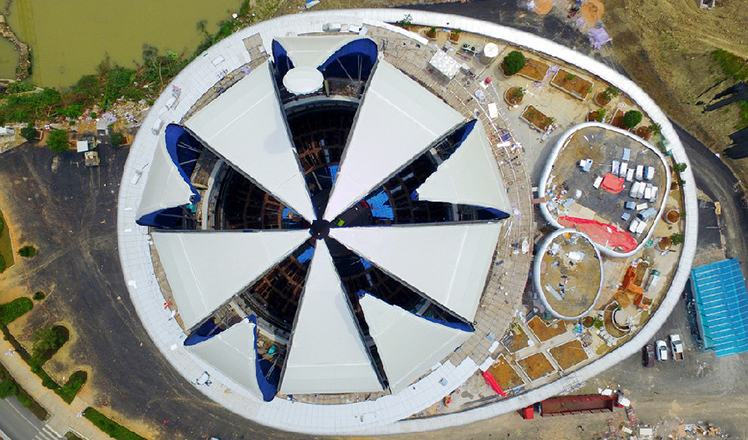
 World's largest transparent-domed bar under construction
World's largest transparent-domed bar under construction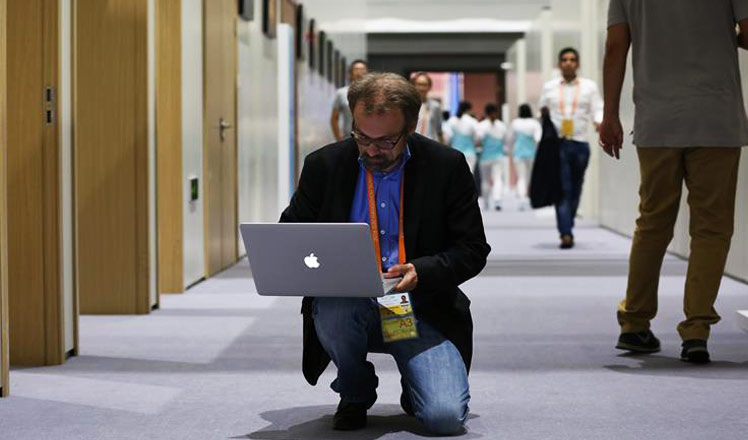
 In pics: Journalists cover G20 Summit in Hangzhou
In pics: Journalists cover G20 Summit in Hangzhou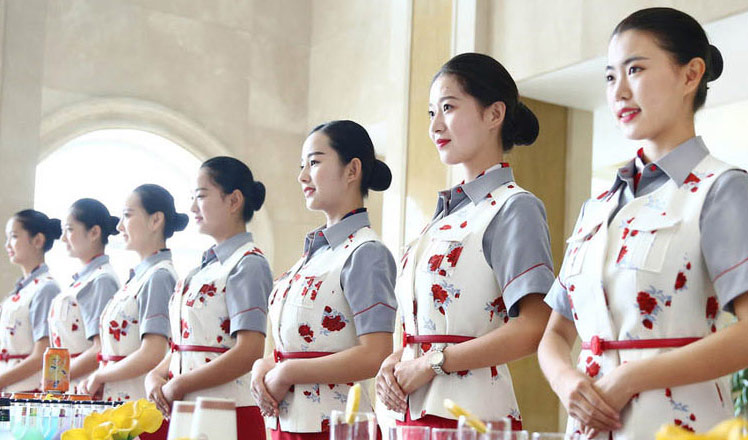
 Air attendant 'incubator' welcomes freshmen
Air attendant 'incubator' welcomes freshmen
 Evening gala for G20 summit held in Hangzhou
Evening gala for G20 summit held in Hangzhou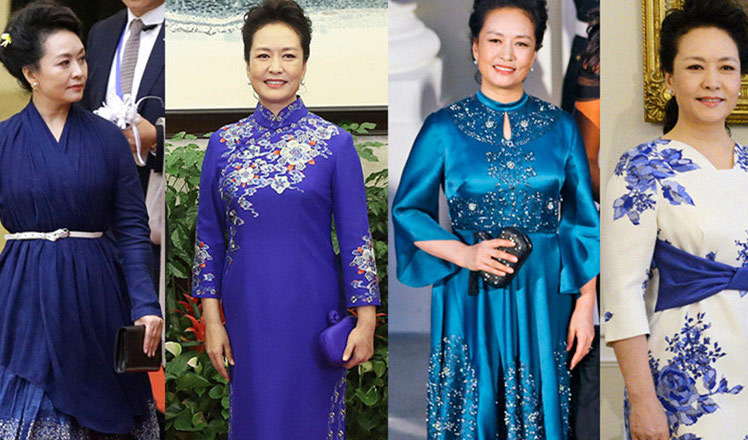
 First Lady fashion: Rhapsodies in blue
First Lady fashion: Rhapsodies in blue
 Hangzhou: A city of bridges in East China
Hangzhou: A city of bridges in East China
Most Viewed
Editor's Picks

|

|

|

|

|

|
Today's Top News
Trump outlines anti-terror plan, proposing extreme vetting for immigrants
Phelps puts spotlight on cupping
US launches airstrikes against IS targets in Libya's Sirte
Ministry slams US-Korean THAAD deployment
Two police officers shot at protest in Dallas
Abe's blame game reveals his policies failing to get results
Ending wildlife trafficking must be policy priority in Asia
Effects of supply-side reform take time to be seen
US Weekly

|

|









